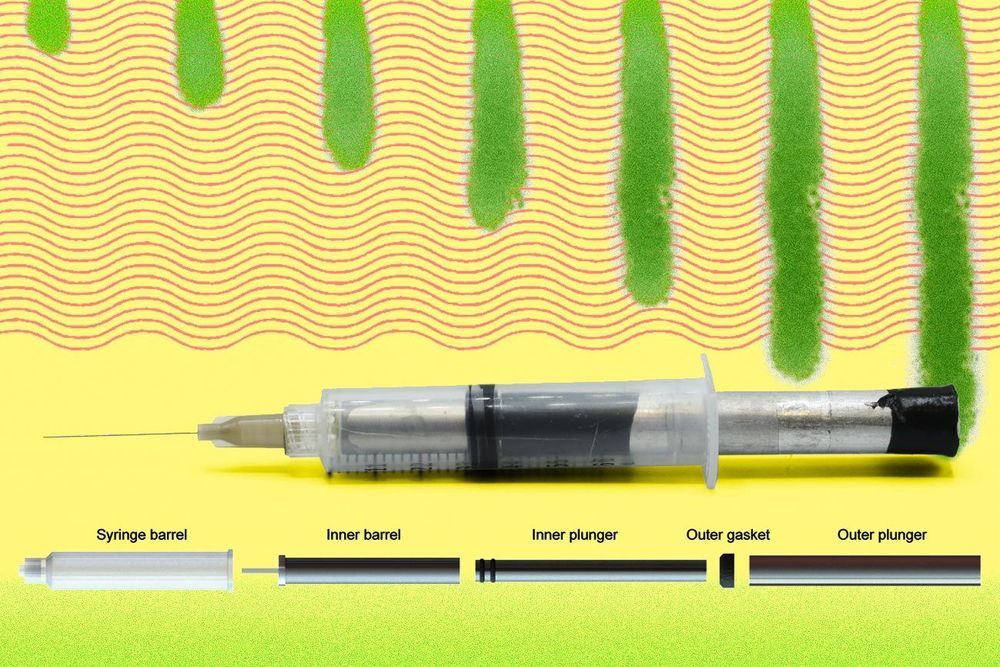In The Martian, Matt Damon’s character is able to survive being marooned on Mars by growing potatoes in the Martian soil. While fictional, this plot point reflects a real need for in-situ resource utilization (ISRU) to support long-term human space exploration missions. A new study by a team from the Florida Institute of Technology suggests that the Martian soil may be more hostile to plant life than previously thought and that the capability of growing Martian potatoes will require additional development to make agriculture feasible.
The researchers studied three examples of Martian regolith simulants. These simulants are produced from materials found on Earth to reproduce the mineralogy and chemistry of the soil we expect to find on Mars. They found that none of these simulants were able to support plant life on their own, partly due to nitrogen deficiency, and only two were able to do so when nutrient supplements were added. More crucially, none of these simulants could support plant life at all when calcium perchlorate — a common, and toxic, substance on Mars’s surface — was added. Their results suggest that any scheme for ISRU agriculture on the surface of Mars must plan to remediate, or otherwise avoid, the toxic effects of perchlorate before attempting an extraterrestrial harvest.








